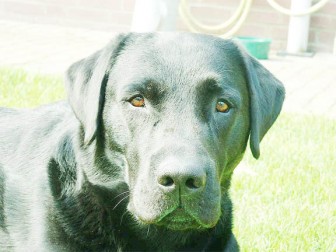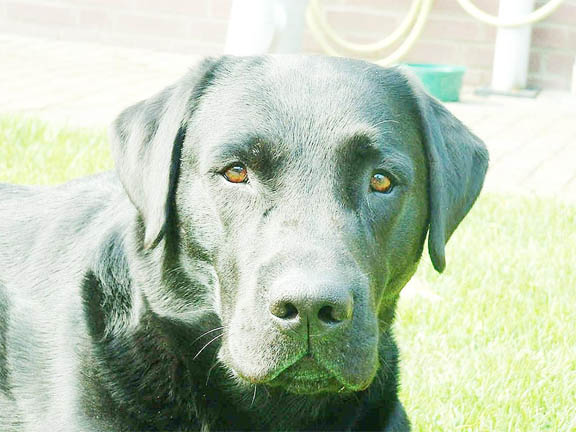Over the last few weeks, we have been discussing all those reasons, psychological and physical, why dogs will not mate. Before we document the treatment I think it is a good idea to have a bit of deliberation on when and whether we should at all treat ‘difficult breeders’.
There are many who point out that since inadequacies/impairments of the mating partners are often genetically anchored, we should not perpetuate the problem by intervening surgically, psychiatrically, and otherwise (eg hormone injections) to solve the problem. For example, if the bitch has an anatomical defect of any part or parts of her reproductive tract, should we attempt to correct this physical abnormality/deformity, so as to ensure production of offspring? It is not the same as, say, surgically removing an extra dew-claw (toe), which is genetic, but which has nothing to do with reproduction and is not a major defect.
Of course, on the other hand, breeders (possibly driven by financial motivation) and veterinarians (trained to correct abnormalities) argue that it is ethically right to improve the quality of life of the animal. In any case, the good vet, having removed the reproductive defect, will advise the breeder or the pet owner against the further mating of the dog, because of the probability of continuing the problem into future generations. But would they listen and act accordingly?
 My own personal opinion is that, if nature has introduced a serious flaw in the process of mating and reproduction, this defect should not be perpetuated. In other words, a seriously flawed dog should not be allowed to produce offspring.
My own personal opinion is that, if nature has introduced a serious flaw in the process of mating and reproduction, this defect should not be perpetuated. In other words, a seriously flawed dog should not be allowed to produce offspring.
Now, TPC of the last two weeks has delineated some of the causes that hamper reproduction. They range (mostly) from not recognising when the animal (female) is in standing heat to the unmanageable bitch, to the inexperienced/insecure dog. Let’s look at the treatment of some of these problems.
Treatment
 In the case of the unmanageable bitch, the breeding can still take place if the bitch is restrained and well tranquilised, providing that the stud is experienced and aggressive. In all likelihood, she won’t display the usual social signs of sexual readiness, therefore vaginal cytology could be used to determine the moment of peak fertility and receptivity.
In the case of the unmanageable bitch, the breeding can still take place if the bitch is restrained and well tranquilised, providing that the stud is experienced and aggressive. In all likelihood, she won’t display the usual social signs of sexual readiness, therefore vaginal cytology could be used to determine the moment of peak fertility and receptivity.
If for other reasons it appears that the mating might not take place naturally, then one will need to decide whether to let nature take its course and try again later or proceed at once to discuss the possibility of artificial insemination (AI) with your vet.
Breeding by AI will not spoil a dog or bitch in the future for natural breeding. But the discussion with your vet is imperative, because of what we have written in the above paragraphs (the perpetuation of defects). Artificial insemination has a role to play, but not a connective agent to circumvent infertility, impotence and physical impairment.
To help a male regain his self-confidence, let him run with an easy-going bitch who likes to be dominated. An experienced brood matron, who is a willing breeder, can help a bashful male dog build up his ego. Once he has bred a female successfully, generally his problems are over.
If a bitch of outgoing disposition consistently refuses to receive a stud, it is a good idea to have her examined for a vaginal infection or some other disorder which could cause pain during intercourse. We will revisit this topic when we discuss diseases of the female genital tract.
Please implement disease preventative measures (vaccinations, routine dewormings, monthly anti-heartworm medication, etc) and adopt-a-pet from the GSPCA’s Animal Clinic and Shelter at Robb Street and Orange Walk, if you have the wherewithal to care well for the animals. Do not stray your unwanted pets, take them to the GSPCA’s Clinic and Shelter instead. If you do not wish your pet to have puppies or kittens, you may exploit the GSPCA’s free spay and neutering programme. If you see anyone being cruel to an animal, or if you need any technical information, please get in touch with the Clinic and Shelter by calling 226-4237.









